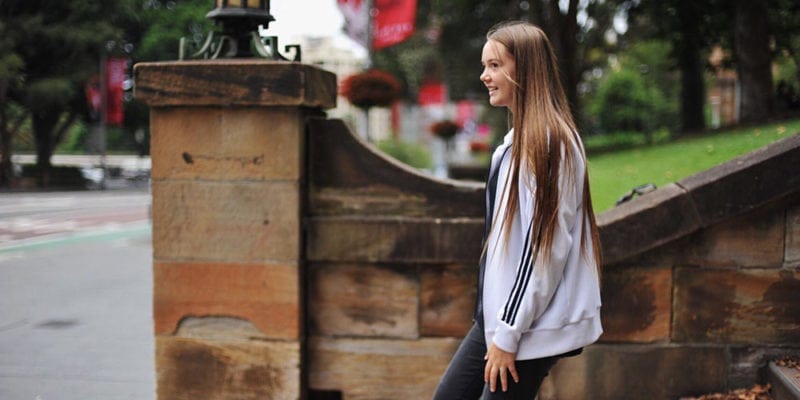I was a junior in high school and it was 10 o’clock at night. Anxiety filled every part of me because I had an eight-page paper due in the morning—and I hadn’t written a single sentence. I wish I could say this was out of the ordinary, but it wasn’t. I’m a natural procrastinator. Over the years, I have improved in this area, but it definitely still rears its ugly head. I had to learn to stop procrastinating.
Maybe you can relate. Is it really possible to stop procrastinating, to be better prepared? And more importantly, how can we help our kids do the same? Here are 5 key planning and preparation skills to teach your kids.
1. Think big picture first.
Teach your kids how to “begin with the end in mind,” as author Stephen Covey says. Once they can see what they are striving for, it will motivate them.
2. Fill in the steps.
Once they can see the end, or the big picture, they can determine the smaller steps they need to take in order to achieve what they are working toward. For example, if your child is working on a homework assignment, the goal is to finish it. Smaller steps may be to get help from you, find a quiet place to do the work, and have a healthy snack that provides energy.
3. Set a deadline.
If your child isn’t given a homework deadline or doesn’t set one him or herself, then it may not get done. The concept of imposing a deadline on themselves will serve your children better than having deadlines set for them by other people.
4. Gather the essentials.
Some of the tasks, or smaller steps, will require materials. Homework will require a writing utensil and paper or a computer with internet access. Teaching your child to gather the items needed to complete the job will help him or her show up better prepared for the task at hand.
5. Prioritize and take action.
One of my challenges is not having a plan of action; instead, I do all sorts of smaller steps at once. I sometimes struggle with prioritizing. Teach your kids to plan their tasks in order of importance and to discipline themselves to do the most important thing first. Then, move to the next task only after completing the first one.
Planning and preparation are valuable life skills that even some adults haven’t developed yet. It is something we must teach and help develop in our kids to give them the best chance for being successful in life.
Sound off: What habits do you have that you hope your kids won’t pick up?











Huddle up with your kids and ask, “Why do you think procrastination is such a bad thing?”